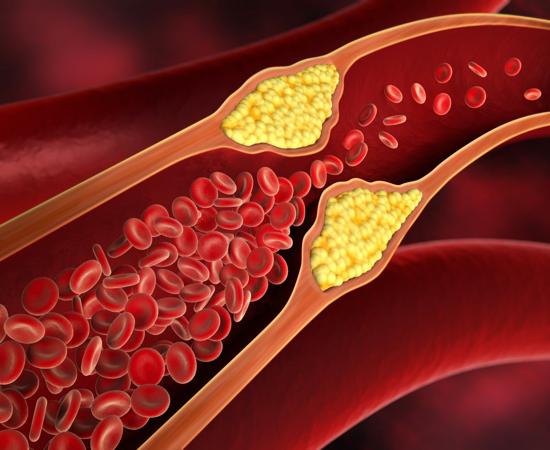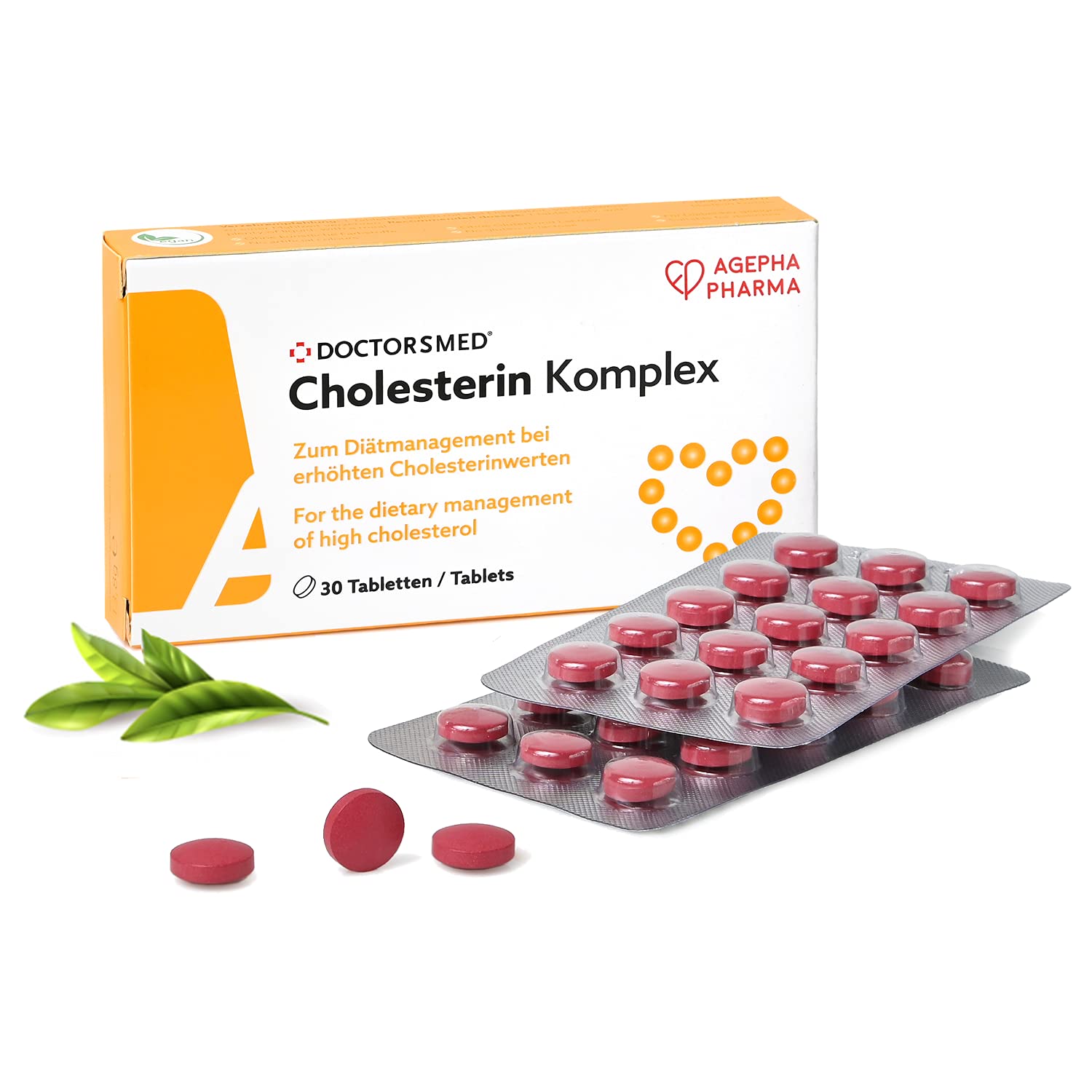Understanding high cholesterol: Causes, Symptoms, and Treatment
High cholesterol is a common health condition that affects millions of people worldwide. It occurs when there is an excessive amount of cholesterol in the blood, which can increase the risk of heart disease and other health issues. In this blog post, we will explore the causes, symptoms, and treatment options for high cholesterol, as well as provide tips on how to manage this condition effectively.
The Benefits of Managing High Cholesterol
Managing high cholesterol is crucial for maintaining good heart health and reducing the risk of heart disease. By keeping your cholesterol levels in check, you can lower your risk of developing atherosclerosis, heart attacks, and strokes. Additionally, managing high cholesterol can improve your overall health and well-being, allowing you to live a longer, healthier life.
Detailed Explanation of High Cholesterol
Cholesterol is a waxy, fat-like substance that is found in the cells of your body and in certain foods. It is essential for the production of hormones, vitamin D, and bile acids that help with digestion. However, when there is too much cholesterol in your blood, it can build up in the walls of your arteries, forming plaques that can restrict blood flow and lead to heart disease.
There are two main types of cholesterol: LDL (low-density lipoprotein) and HDL (high-density lipoprotein). LDL cholesterol, also known as “bad” cholesterol, can contribute to plaque buildup in the arteries, while HDL cholesterol, or “good” cholesterol, helps remove LDL cholesterol from the bloodstream.
High cholesterol can be caused by a variety of factors, including unhealthy diet, lack of exercise, smoking, obesity, genetics, and certain medical conditions. It is important to get regular cholesterol screenings to monitor your levels and take steps to lower your cholesterol if it is too high.
Frequently Asked Questions about High Cholesterol
1. What are the symptoms of High Cholesterol?
Most people with high cholesterol do not experience any symptoms, which is why it is often referred to as a “silent” condition. However, in some cases, high cholesterol can cause symptoms such as chest pain, heart palpitations, and yellowish deposits around the eyes.
2. How is high cholesterol diagnosed?
High cholesterol is typically diagnosed through a simple blood test called a lipid panel. This test measures your total cholesterol, LDL cholesterol, HDL cholesterol, and triglycerides levels. Your doctor will use these results to determine if you have high cholesterol and recommend treatment options.
3. What are the treatment options for high cholesterol?
Treatment for high cholesterol may include lifestyle changes such as adopting a healthy diet, exercising regularly, and quitting smoking. In some cases, medication may be prescribed to help lower cholesterol levels. It is important to work closely with your healthcare provider to develop a treatment plan that is tailored to your individual needs.
4. Are there any foods that can help lower cholesterol?
Yes, there are several foods that can help lower cholesterol levels, including fruits, vegetables, whole grains, nuts, and fatty fish. These foods are high in fiber, antioxidants, and omega-3 fatty acids, which can help reduce LDL cholesterol and improve heart health.
5. Can high cholesterol be prevented?
While there is no surefire way to prevent High Cholesterol, you can reduce your risk by maintaining a healthy weight, eating a balanced diet, staying active, and avoiding smoking. It is also important to get regular check-ups and screenings to monitor your cholesterol levels and catch any issues early on.
Conclusion
In conclusion, High Cholesterol is a common health condition that can have serious consequences if left untreated. By understanding the causes, symptoms, and treatment options for high cholesterol, you can take proactive steps to manage this condition and protect your heart health. Remember to get regular cholesterol screenings, make healthy lifestyle choices, and work with your healthcare provider to develop a treatment plan that is right for you. With proper management, you can lower your cholesterol levels and reduce your risk of heart disease and other complications.




